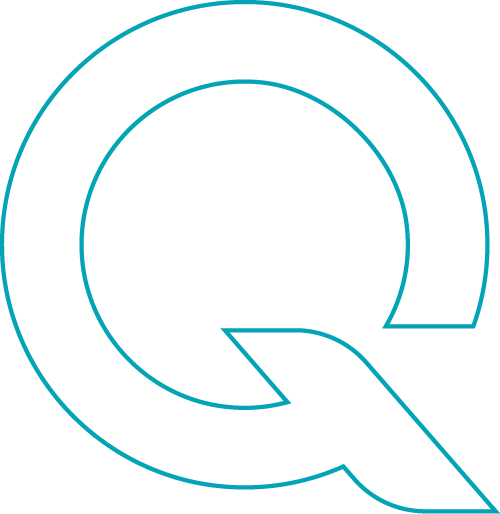In 2011 Marc Andreessen announced that “software is eating the world”. This was sparked by the indisputable trend that the major software houses including Microsoft and Google were rapidly acquiring all manner of hardware and technology companies.
As everyone knows, construction falls behind the global digitisation and technology curve, and as a deeply physical industry, I can say with some confidence that software will not eat construction.
We still need physical spaces to live and work in, to generate energy and water, and support travel. However, software plays a vital role in enhancing our ability as an industry to deliver a better, more efficient more sustainable, built environment so that we may meet the needs of society today without negatively impacting future generations.
With each wave of the technological revolution, there has been a fear that this new technology will steal jobs from ‘the working man’; the automation of looms taking women and children out of factories, the introduction of automated ticket barriers reducing the number of train staff required. But in reality, technology is not stealing our jobs, it is shifting them towards activities that required higher intellect and emotional intelligence, allowing the machines to do the repetitive ‘dumb’ tasks and mammoth data crunching and trend analysis.
This is happening across the construction industry. The introduction of biometric site security gates has helped ensure safe access for trained workers, freeing up staff to train those teams and support ongoing site management. The introduction of workflow apps and computer vision to support the reporting of issues and tracking of progress through our projects has reduced the boring and time-consuming job of writing up notes at the end of the day, meaning teams can get home to their families. And the introduction of Computer-Aided Design and modeling software has enabled designers to spend more time being creative and collaborating to solve problems instead of documenting their ideas.

Qflow is one of these tools that supports the construction industry in augmenting its workforce, eliminating the boring repetitive tasks of logging the material deliveries and waste removals, automating the auditing and compliance checks to ensure that we meet quality, and sustainability standards and adhere to the regulation. Qflow saves time and ensures that data doesn’t get lost. Better data means that Qflow can carry out an analysis of trends to identify points of interest so we can explore them on a personal level with colleagues and the supply chain.
This augmentation of our workforce has produced outstanding results. Users of Qflow report between 60 and 80% time saving on documenting and reporting, freeing them up to use the data they’re capturing to eliminate risk and identify opportunities to improve the efficiency and sustainability of the construction sites. All of this translates into significant cost and time savings that help our industry take those critical steps to deliver projects on time and within budget.
If you are nervous about the impact procuring software could have on the number of hires you can make, consider that our industry has a shortage of skilled individuals. Instead of worrying about how technology will reduce jobs for individuals, consider how technology can help those individuals you have, to improve their capability and capacity and deliver more efficient, more sustainable construction.
If you want to explore further how technology can help increase the capacity and capability of your team then please reach out to us.
